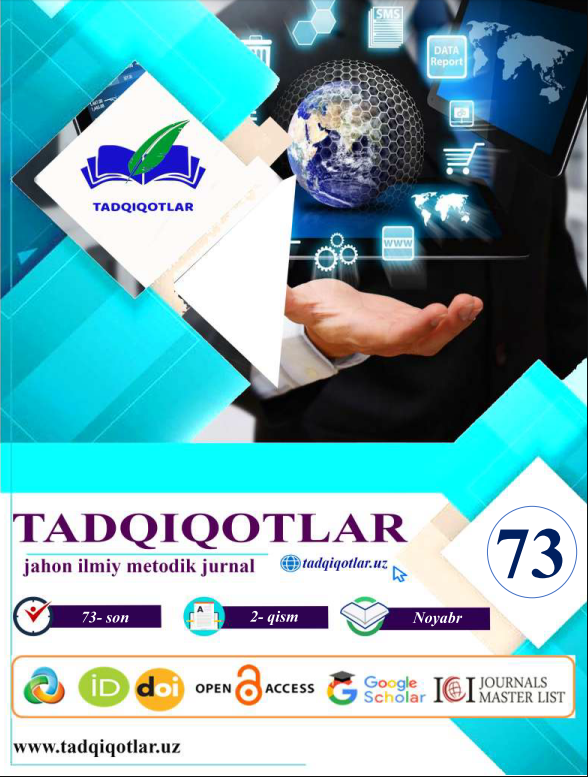TEACHING LISTENING COMPREHENSION THROUGH PODCASTS AND AUDIOBOOKS
Keywords:
Keywords: Listening comprehension; podcasts; audiobooks; digital learning; language teaching; authentic input; learner autonomyAbstract
Abstract: Listening comprehension plays a crucial role in the process of
language acquisition, yet it remains one of the most challenging skills for learners to
master. Traditional classroom methods often rely on scripted dialogues or repetitive
drills that fail to reflect real-life communication. With the rise of digital media,
podcasts and audiobooks have emerged as effective tools to enhance listening
comprehension through authentic, engaging, and context-rich audio content.
This article explores how podcasts and audiobooks can be used in language
classrooms to improve students’ listening skills. It examines theoretical perspectives,
pedagogical approaches, and classroom practices supported by empirical evidence.
The findings demonstrate that integrating podcasts and audiobooks into instruction
enhances learners’ exposure to authentic language, improves pronunciation and
vocabulary retention, and fosters independent and lifelong learning.
References
References
1. Anderson, A., & Lynch, T. (2003). Listening. Oxford University Press.
2. Chang, A. C. S. (2011). The Effect of Listening Support on Listening
Comprehension and Vocabulary Learning. TESOL Quarterly, 45(4), 740–761.
3. Field, J. (2008). Listening in the Language Classroom. Cambridge University
Press.
4. Renandya, W. A., & Farrell, T. S. C. (2011). Teacher, the Tape Is Too Fast!
Extensive Listening in ELT. ELT Journal, 65(1), 52–59.
5. Vandergrift, L. (2007). Extensive Listening Practice and Input Enhancement
Using Podcasts. Language Learning & Technology, 11(1), 10–25.

